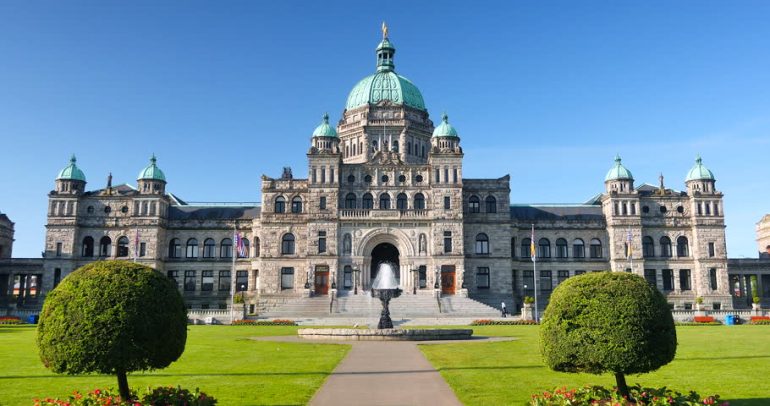One of the supercluster consortia shortlisted in the Canadian government’s supercluster initiative has released the full details of its final application.
In October, the federal government announced nine superclusters eligible for part of $950 million allotted for consortia of small businesses, industry, and not-for-profits that leverage private sector funding focused on sectors like agri-food, infrastructure, and clean energy. Five superclusters will be finalized this year.
As the final applications were submitted in November, releasing the full details of the bid seems to be a move to bring more attention to the value of its supercluster. At the time the consortia was announced, the Digital Technology supercluster’s mandate was broadly described as being focused on advanced data collection, analysis, and visualization to drive competitiveness across environment and resource tech, precision health, and manufacturing.
The founding members of the supercluster include Telus, Microsoft, Teck, Change Healthcare, Providence Health Care, and the University of British Columbia. Since being shortlisted, members like Shoppers Drug Mart, Canfor, GE Digital, The Terry Fox Research Institute, Princess Margaret Cancer Centre, SickKids and 200 other organizations have reportedly joined the bid, resulting in $500 million in committed funding.
Over a ten-year period, the BC-born consortium said that it wants to invest more than $1.4 billion to fund over 100 projects involving with over 1,000 organizations across Canada.
“Our collaboration framework will draw upon expertise and skills from companies, organizations and individuals across Canada,” said Bill Tam, co-chair of the Digital Technology Supercluster Consortium. “We aim to tackle opportunities that would not have been undertaken by any company alone, but instead through a collective effort, these projects will have global impact — like advancing cancer treatment with the goal of finding a cure — and to position Canada as a world leader in a number of cutting-edge technologies.”
The supercluster wants to work on these initial projects:
- Secure Health and Genomic Platform: to build the core data infrastructure required to create advanced cancer treatments personalized to the unique genetic makeup of a patient.
- Earth Data Store: facilitate and improve data collection, sharing, and visualization to enhance confidence in resource sector project planning and assessments for proponents, Indigenous Peoples, government, and communities.
- Digital Learning Factory: to help facilitate collaboration on the development of virtual environments that enable design, rapid experimentation, and testing of cost-saving approaches to address significant challenges in modern manufacturing.
The consortium also says that it hopes to support Indigenous communities to be part of the technology sector. “There exists tremendous potential to elevate the innovative insights, ideas, and approaches of Indigenous peoples within the technology sector,” said said Denise Williams, Executive Director, First Nations Technology Council. “It is our hope that this supercluster initiative achieves transformation of Canada’s digital landscape, empowering Indigenous innovators across all its focus areas while deepening the sector’s commitment to the meaningful advancement of reconciliation in a digital and connected age.”
Full details on the supercluster are available here.


